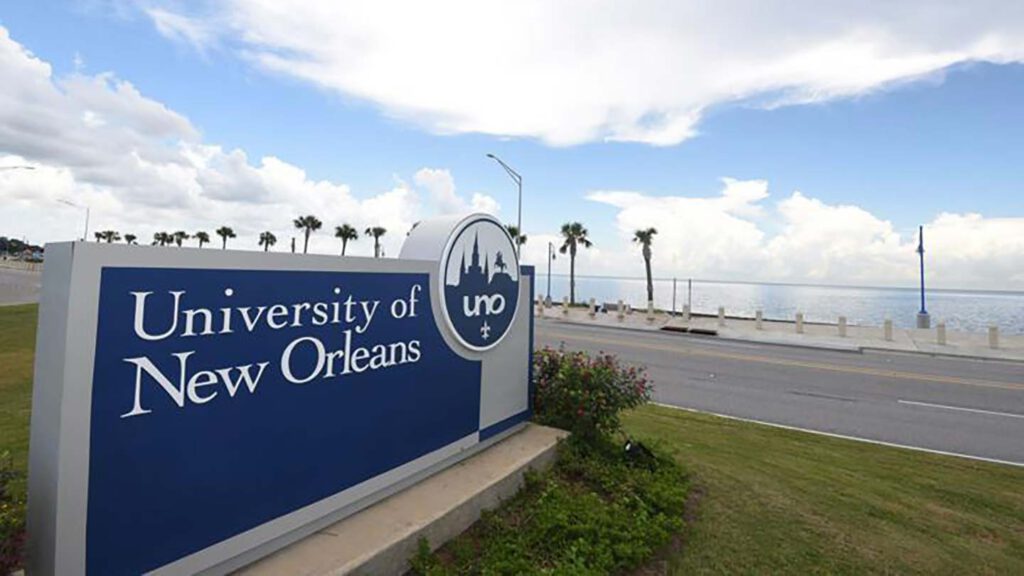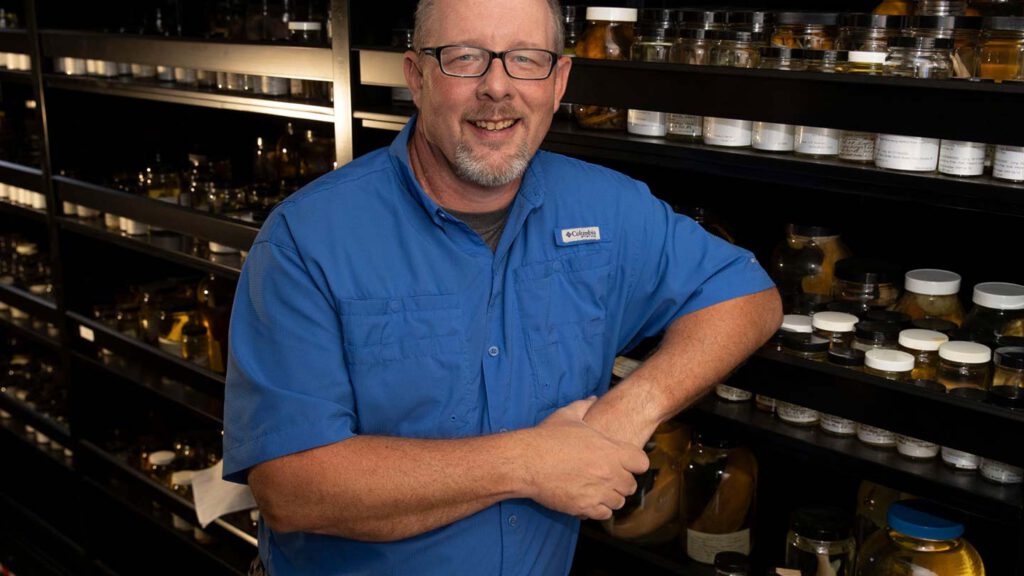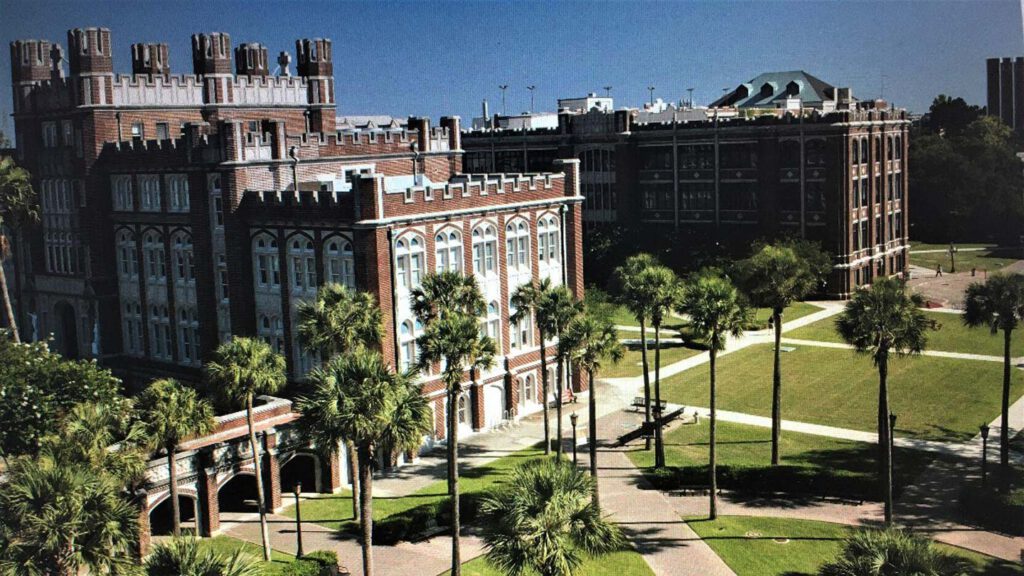News
UNO doctoral program to seek ways to promote social justice in Louisiana

Program should improve the dialogue about justice and social needs around Louisiana
The duo behind the University of New Orleans’ new doctorate in Justice Studies didn’t have to look far for their inspiration to create the program two years ago.
They found it on the city’s streets, under interstate overpasses and blighted neighborhoods, and in the lives of city’s poor, homeless and underserved.
Kim Martin Long, dean of UNO’s College of Liberal Arts, Education and Human Development, wrote the proposal for the new program with Mahyar Amouzegar, UNO provost, following long discussions between the two about developing a catchall academic degree that would encourage scholarly research in matters most pressing around their urban university: social justice, gender and race, criminal justice and high incarceration, environmental challenges and unequal chances in public education.
“We need a deeper understanding of some of these issues,” Long said.
The program was approved last week by the supervisors of the University of Louisiana System, and with much of the nation seething over racial injustice, inequality and criminal justice reform, the degree program also seems to have arrived right on time, she said.
Although there are a few, similar programs around the country, there are none in Louisiana.
Long said her and Amouzegar’s discussions about Justice Studies began when they were newcomers to UNO a few years ago and saw with fresh eyes the city’s potential as a laboratory for social change. This was evident in the challenges endemic to New Orleans: high incarceration rates, involving mostly black prisoners; substandard housing; homelessness and poverty. Even if Hurricane Katrina hadn’t ravaged the city in 2005, they said, New Orleans would have had painful, lingering social problems.
But they felt city also has sources for solutions, including intellectual capital at UNO, a public research institution, and its faculty members in fields like sociology, criminal justice, education, environmental science and other disciplines who are deeply committed to social change.
“It doesn’t take long to be in this city and say, ‘Wow. We have a lot of work to do here,’” Long said.
That work started with developing the program, which will be open to students and others with academic backgrounds in related studies. Long said the program will start small, drawing faculty members principally from several existing UNO departments, and with as few as five or 10 students in the first year, expected in 2021. Within five years, the Justice Studies doctoral program should grow to more than 30 students, she said.
Long said the program will likely include students who seek answers for promoting social justice for Black and Brown Americans, as well as law enforcement professionals studying better ways to protect and serve the public.
In promoting the program before the system supervisors at the June 25 meeting, UNO President John Nicklow said the academic program and the city were a good match.
“The city of New Orleans and the University of New Orleans are rich with both successes and challenges in the continuing fight for social justice,” he said. “The university carries an obligation to catalyze change through education and research and this degree is great progress. The University of New Orleans is proud to assume a greater role in striving for racial justice.”
New Orleans is where Homer Plessy challenged racial segregation in an 1892; it’s where in 1960, New Orleans public schools were desegregated after tumult surrounding two schools in the lower Ninth Ward. Two years before that, Nicklow said, LSU-New Orleans, now UNO, first opened as an integrated, state-supported public campus.
“The intended Justice Studies program will equip students with a comprehensive knowledge of the world’s justice systems and provide them with advanced-level knowledge and skills to create meaningful, real-world change,” Nicklow said in a letter to the board.
Proponents say the program is necessary in Louisiana because the state trailed the other 49 and the District of Columbia in the JustSouth Index report in 2017 by the Loyola University New Orleans Jesuit Social Research Institute.
Program administrators are deciding how to deliver the program to students. It may be a classroom-only program; it may involve hybrid courses involving both in-class and online components.
“We’re leaving it open,” Long said. “All kinds of models will come forth.”
She said the program should improve the dialogue about justice and social needs around Louisiana.
She said she expects students to enroll from out of state and from around the UL System — schools include McNeese, UL Lafayette, Southeastern Louisiana, UNO, Nicholls, Northwestern State, Grambling State, Louisiana Tech and the University of Louisiana at Monroe — will also be lured to the campus to develop answers to social challenges in their own areas.

